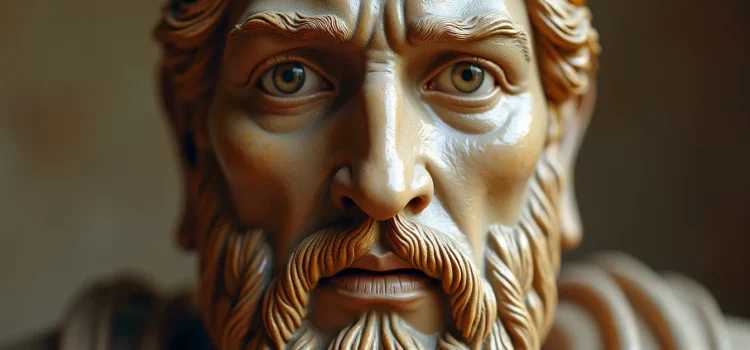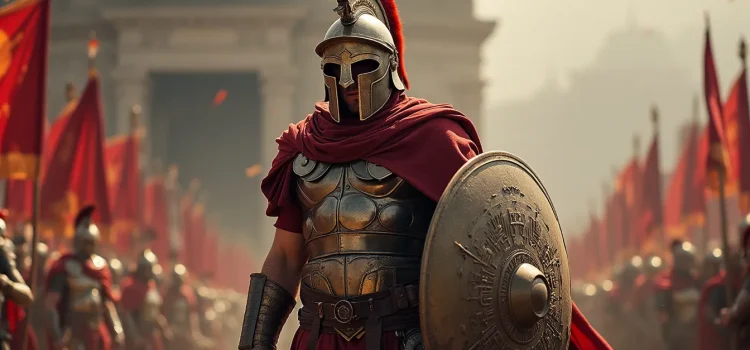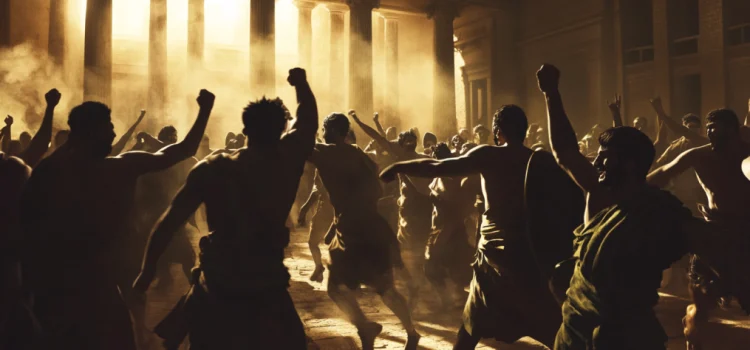What kind of people make the best leaders? What might an ancient allegory teach us about modern governance? In his seminal work The Republic, Plato introduces the concept of philosopher-kings as ideal rulers. Plato’s ship allegory illustrates why philosophers are best suited for leadership roles. We explore the ship metaphor and its relevance to political governance. Read on to discover how well Plato’s ancient wisdom resonates in today’s complex political landscape.
Plato’s Ship Allegory: An Ideal Ruler Has a Philosopher’s Character










